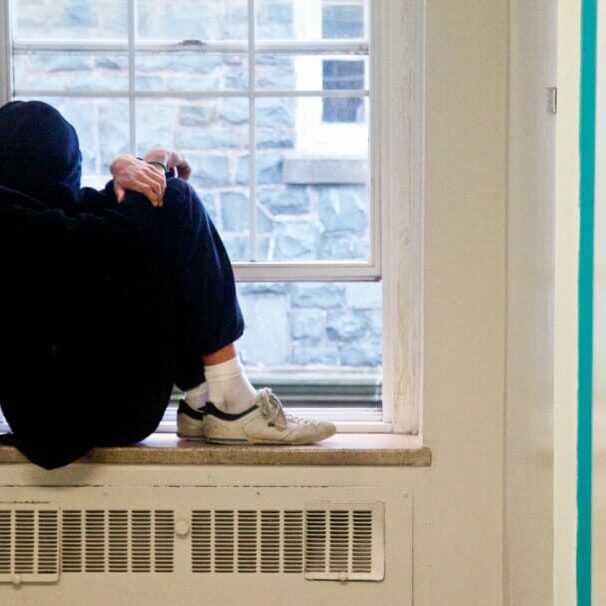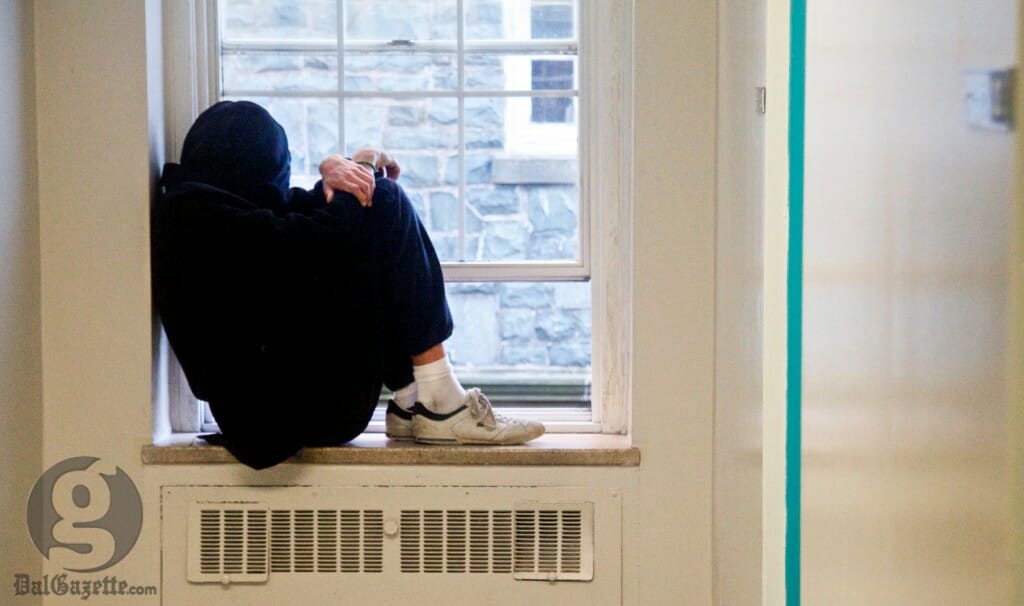
Drinking your problems away
As the days get shorter and the weather colder, depression can set in on campus.
As the days get shorter and the weather colder, depression can set in on campus. Unfortunately, students are taking the wrong approach to dealing with depression and anxiety.
In the past two years a string of deaths at Queen’s University has raised concerns about student mental health and alcohol abuse. Four of the six deaths were suicides, which caused the university to look into their understanding and treatment of mental health. Students often struggle with the everyday pressures ranging from academic demands and social pressures to a tough job market waiting on the other side.
Depression and anxiety are the most common mental health problems for students. Alcohol is often used as a coping method, but this binge drinking culture (four to five drinks per person in one night) is probably doing more harm than good, says Sherry Stewart, a professor of psychology and psychiatry at Dalhousie.
Stewart has studied the relationships between depression and anxiety, and student drinking. She has identified a strong correlation between heavy drinking and depression.
“The process of self-medicating is a maladaptive way for alleviating depressive symptoms in the short term,” says Stewart. Using alcohol as a coping mechanism for depressive feelings can have long-term effects that lead to lifetime depression.
This student culture of binge drinking—having more then four or five alcoholic drinks in one night—has been featured prominently in the news, and officials are trying to curb student drinking.
Victor Day, the director of counseling and psychological services at Dal, says students drink for many different reasons.
“Students become depressed at university at different points, and not necessarily more in first year,” says Day. “First-years, being away from previous friends and support groups, are here alone and may have difficulty making new friends.”
“First year is not depressing, it is just how it interacts with how students are.”
Mental health treatment in Halifax has been on the rise. Capital Health recently won an award for improved planning and delivery of mental health services. Capital Health works closely with Dal’s department of psychiatry to provide services for mental illness. The counseling and psychological services at Dal have also received recognition for their work with a grant this year. This allowed them to hire new part-time counselors to assist with their demands.
There are many ways to prevent students from suffering under pressure. The counseling services at Dal offer more than just individual sessions. Day says there are group sessions to help with other depressive related symptoms, such as sleep and relaxation workshops. There are also workshops on exam anxiety to help with students struggling at that time of the year.
Efforts are shifting towards early help and prevention.
“We don’t need to change things academically. It’s not a matter of making courses easier or telling professors to be nicer. We could be doing more in terms of identifying students in distress at earlier stages,” says Day.
He says the best way to help people at risk of depression is to get them engaged in student life, which can help prevent anxiety and depression.
“Isolation is one factor, especially in depression,” says Day. “We need to consider who may be vulnerable and find ways to reach out to them and get them more involved.”







